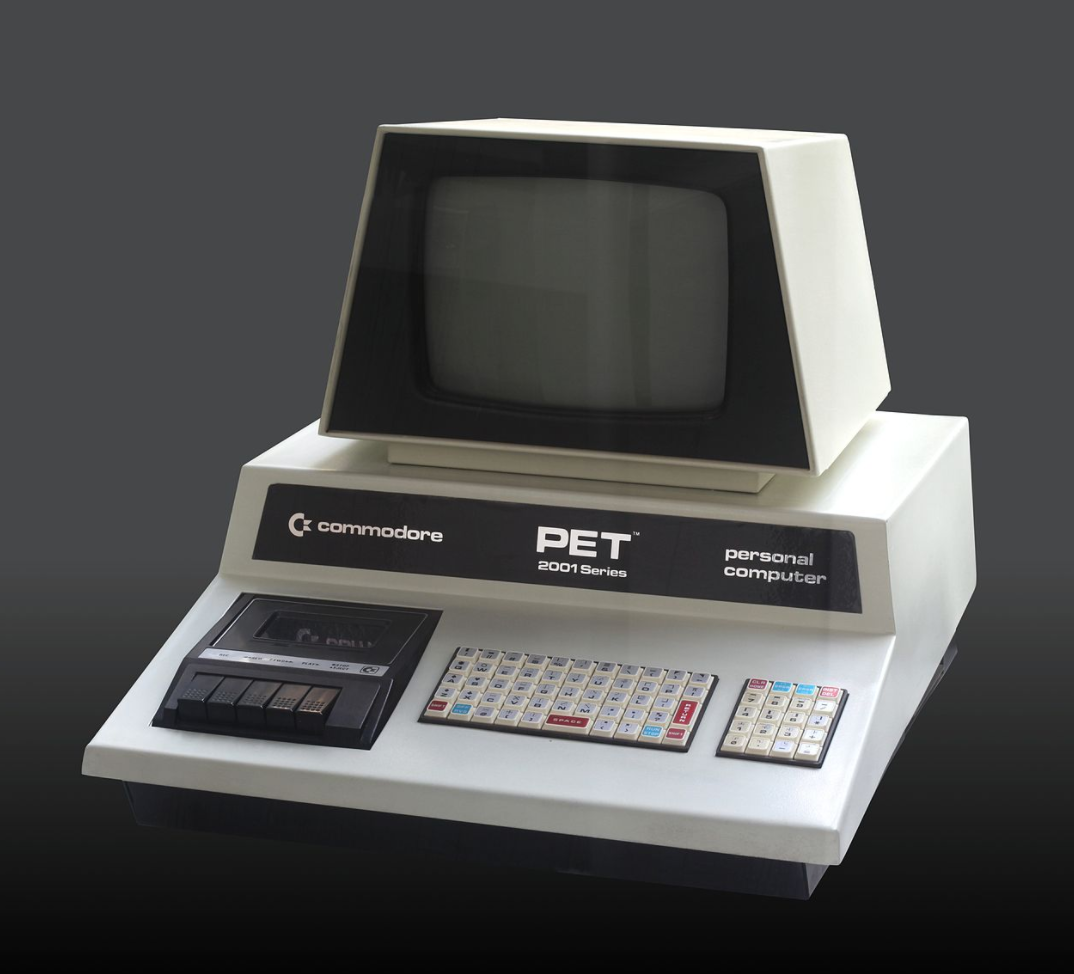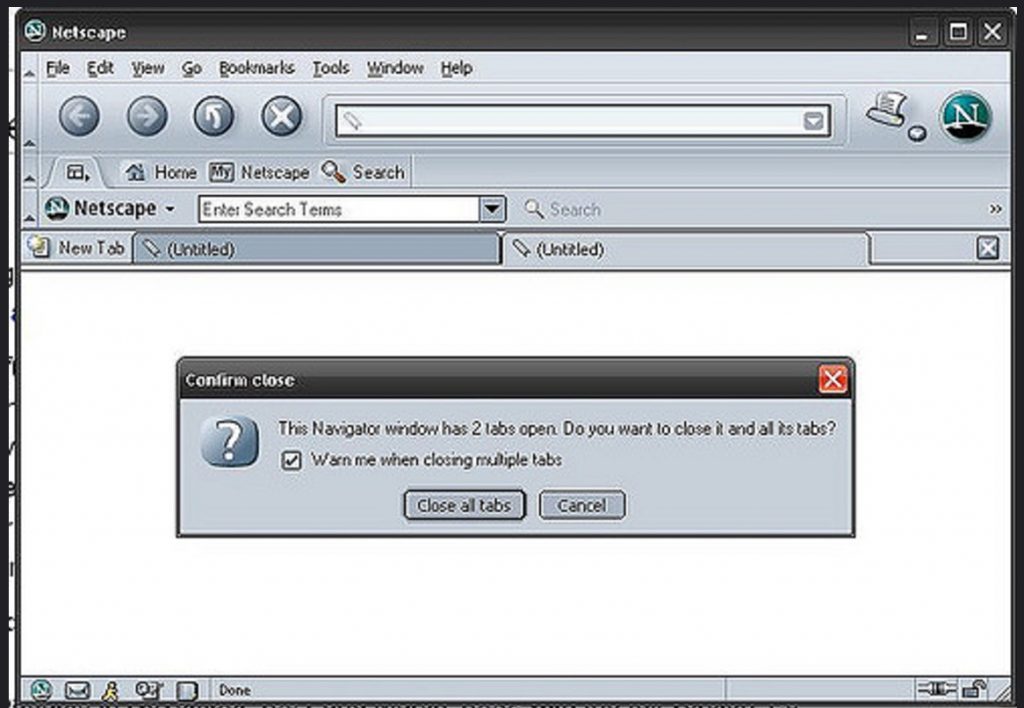This post is part of a 10 day posting challenge issued by Tina Zita. You can’t be a connected educator if you don’t contribute. Sometimes we need a nudge to remember that if nobody shares, nobody learns. Thanks Tina!
~~~~~~~~~~~~~~
A caution as you read this: I am a learner, not an expert.
I have set out here to use my #10posts10days (#10days10posts) challenge to explore this area that deeply interests me, in an open way that lets others see what I am learning. If you know more than I do, please correct me if necessary, and share! If you have more questions, please post those in the comments too. Let’s learn more together.
All of the posts in this series can be found here: You Live in a Bubble
__________________________________________
The first timetable I was assigned as a new secondary school teacher was 3 sections of DIC2A/2G: Introduction to Computers. It was all about DOS, binary numbers, file storage and hacking – before the excitement around Windows GUI – and I spent more time fixing the network than I did teaching! But it was a popular course, and we recommended it to students. Computers were new, but we seemed to understand that learning about them was important.

A few years later, in the mid-1990’s, when the “Internet” arrived for most users, we taught most kids to craft websites using HTML code.
Anyone could make a website to share information, and the we saw the Internet as a place that gave people voices.

Early users accessed the web and created HTML pages through Netscape, but that all changed with the release of Microsoft’s Internet Explorer, the first “monopoly” on the web. By 2002, 95% of online computer users were accessing the Web through this browser, but only 11% of the world’s population was online. As it lost the “browser wars” with IE, Netscape opened-sourced its code and Mozilla was born.
According to Mark Surman, CEO of Mozilla, developers were essentially able to maintain free access to the web by ensuring free alternatives were available.
Today, though, this has shifted. Essentially four companies – Apple, Facebook, Amazon and Google – control the internet, making it next to impossible to compete, or to be heard online, if you don’t fit the monetization strategies of the tech giants.
In a world where nearly 50% of the world’s population is online, yet many users think Facebook IS the Internet, how do we get back to an online world where all users have a voice?
From CBC Ideas: Screened Off – The Dangers of the Insular Web
“If you’re going to engage the modern world, you’re going to use the internet the way tech companies are making it for you. And you’re going to benefit from it in a bunch of ways. But you’re not really exercising a completely free choice.”
— Tech thinker Sue Gardner
Tomorrow, we’ll look at how the tech giants use algorithms to control what you see online.
Featured image from Wikimedia
All of the posts in this series can be found here:
3/10 – How the “smart phone” and mobile apps have changed the way we interact online
5/10 – Algorithms: What’s controlling what you see and read?
6/10 – Information Literacy: What will your lesson plan look like now?
7/10 – Videos and Images – From Facts to Feelings
8/10 – Popularity over Importance: Celebrity culture in a time of wicked world problems
